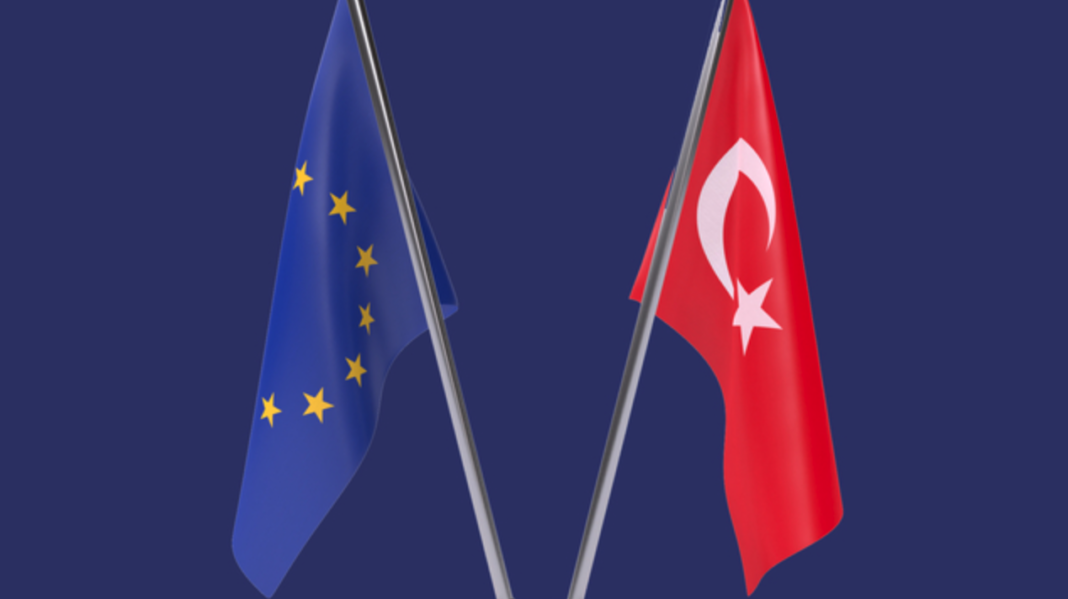By Luigi Scazzieri in Center for European Reform in March 29, 2023.
- Turkey is one of the EU’s largest and most strategically important neighbours, a NATO member and a candidate for EU membership. Its presidential and parliamentary elections, scheduled for May 14th, will determine whether President Recep Tayyip Erdoğan remains in power and shape Turkey’s domestic and foreign policy for years to come. The election results will profoundly influence the relationship between the EU and Turkey, which has deteriorated sharply over the past decade.
- There are three fundamental reasons why the EU-Turkey relationship is in such poor shape: the worsening state of democratic freedoms in Turkey; a plethora of bilateral disputes between Turkey and several member-states, which further undermined Ankara’s EU accession process; and disagreements over foreign policy, with many member-states seeing Turkey’s positions as antagonistic.
- The outcome of the elections remains uncertain. Erdoğan’s popularity has taken a hit from the fragile state of the economy, and his government has been criticised for being slow in responding to the catastrophic earthquakes that hit Turkey in February. Meanwhile, most of the opposition has unified behind Republican People’s Party leader Kemal Kılıçdaroğlu as a joint candidate.
- If Erdoğan remains in power, relations could become even more turbulent. Europe and Turkey would still have to work together on common challenges, but any co-operation would be highly transactional. Tensions would continue unless Erdoğan improved democratic freedoms in Turkey and avoided confrontation with EU members-states. And the EU would face tough choices if there was evidence of widespread electoral manipulation, or if Erdoğan lost the election but did not allow an orderly transition of power.
- An opposition victory would lead to substantial changes in Turkey’s domestic and foreign policies, and in its relations with the West. The opposition wants to change the constitution to a parliamentary system, restore judicial independence and improve relations with the US and the EU – policies that would greatly improve relations. However, an opposition government would face challenges in fully implementing this agenda, and some disagreements with the EU on issues like relations with Cyprus and Russia would probably persist.
- An opposition victory would offer a big opportunity to relaunch the EU-Turkey relationship: the EU should intensify dialogue across all policy areas and seek to stabilise the new government by helping it navigate economic difficulties. In the medium term, the EU’s ambition should be to negotiate an upgrade to the EU-Turkey customs union. That will be challenging, but a new era in EU-Turkey relations could be within reach if both sides invest political energy in overcoming their differences.
By Luigi Scazzieri in Center for European Reform in March 29, 2023.

